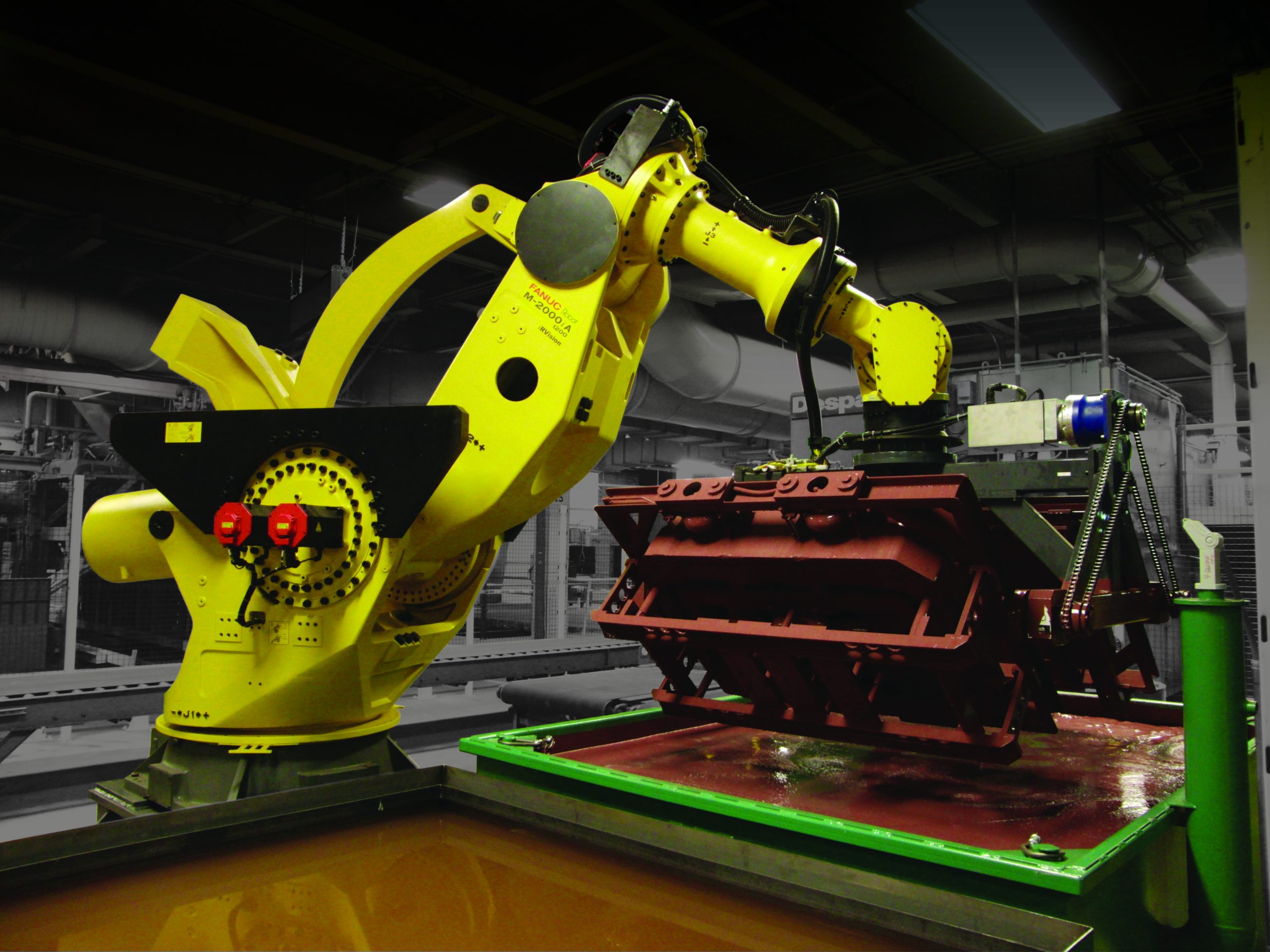In today’s rapidly evolving manufacturing landscape, industrial robots and robotic manufacturing have emerged as key drivers of innovation and efficiency. Industrial robotics has revolutionized manufacturing, giving businesses numerous benefits, including increased productivity, quality and competitiveness. Manufacturing robots will play an increasing part in shaping the future of manufacturing as demand for solutions that automate production increases.

Manufacturing robots (also called industrial robotics) are machines that are designed to complete various tasks within factories. They are used for welding as well as painting and assembly along with picking, placing and packing. The field of industrial robotics is the research and application of robotics. It is focused on improving efficiency and precision during manufacturing processes.
Automated Solutions Australia, a firm that is specialized in the development of industrial robots that offer flexible solutions to manufacturing clients, is at the forefront. The industrial robots ASA offers help to clients gain an advantage in the market through boosting efficiency and quality. With a commitment to best practices the robotics of ASA’s industrial solutions are sought-after by corporations all over the world in various industries, such as electronics, automotive pharmaceuticals, among others.
The benefits of implementing industrial robotics in manufacturing can be multi-faceted. The primary benefit is the improvement in productivity and efficiency. Industrial robots can complete repetitive tasks with accuracy and consistency. This results in more efficient output rates and shorter cycle times. It not only increases productivity, but it can also help businesses meet the increasing demands of consumers.
In addition, industrial robots contribute to improved production quality and control. In order to complete tasks with precision and resiliency, they minimize the margin of error leading to better quality products. This results in increased customer satisfaction as well as bolsters the company’s reputation as a supplier of top-tier goods.
Alongside efficiency and quality, industrial robotics also can provide cost-saving advantages. The initial cost of manufacturing robots may seem expensive, but the savings over time are considerable. Businesses are able to quickly pay back their cost of operation through streamlining production and eliminating the requirement for human labor. Industrial robots are able to be operational 24 hours a week, which maximizes the use of resources and decreases costs for production per unit.
Another compelling advantage of industrial robots is their impact on workplace environment. They have been developed to reduce noise levels. This results in a more comfortable and quieter working environment. In addition their speed and accuracy aid in making workplaces safer by reducing accidents and injuries.
Integration of industrial robots is essential to the future of job creation and employment. Industrial robots can provide new opportunities for employment, regardless of concerns that automation could take over humans. This includes positions in the field of robotic programming, maintenance, oversight and supervision, in addition to the creation of new technology to aid in the production of robots.
As businesses in various industries continue to reap the benefits of industrial robots, and the manufacturing sector continues to adopt the technology, it’s rapidly changing the business. Industrial robotics have the potential to increase efficiency, cost-effectiveness and quality. It is transforming the manufacturing industry, and setting new standards of excellence.
In conclusion, the emergence of manufacturing robots and industrial robotics has created an important shift in the manufacturing industry. The integration of these cutting-edge technologies allows businesses to achieve new levels of productivity and precision, as well as competitiveness and efficiency. As the use of automation continues to expand, industrial robotics can play a crucial part in shaping the manufacturing future by accelerating innovation and propelling companies to success on the world market.
Leave a Reply